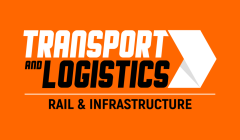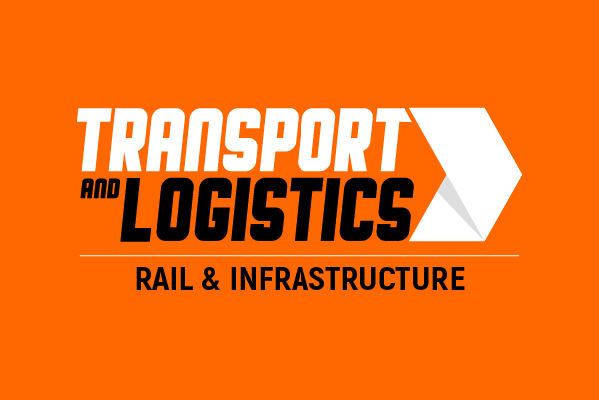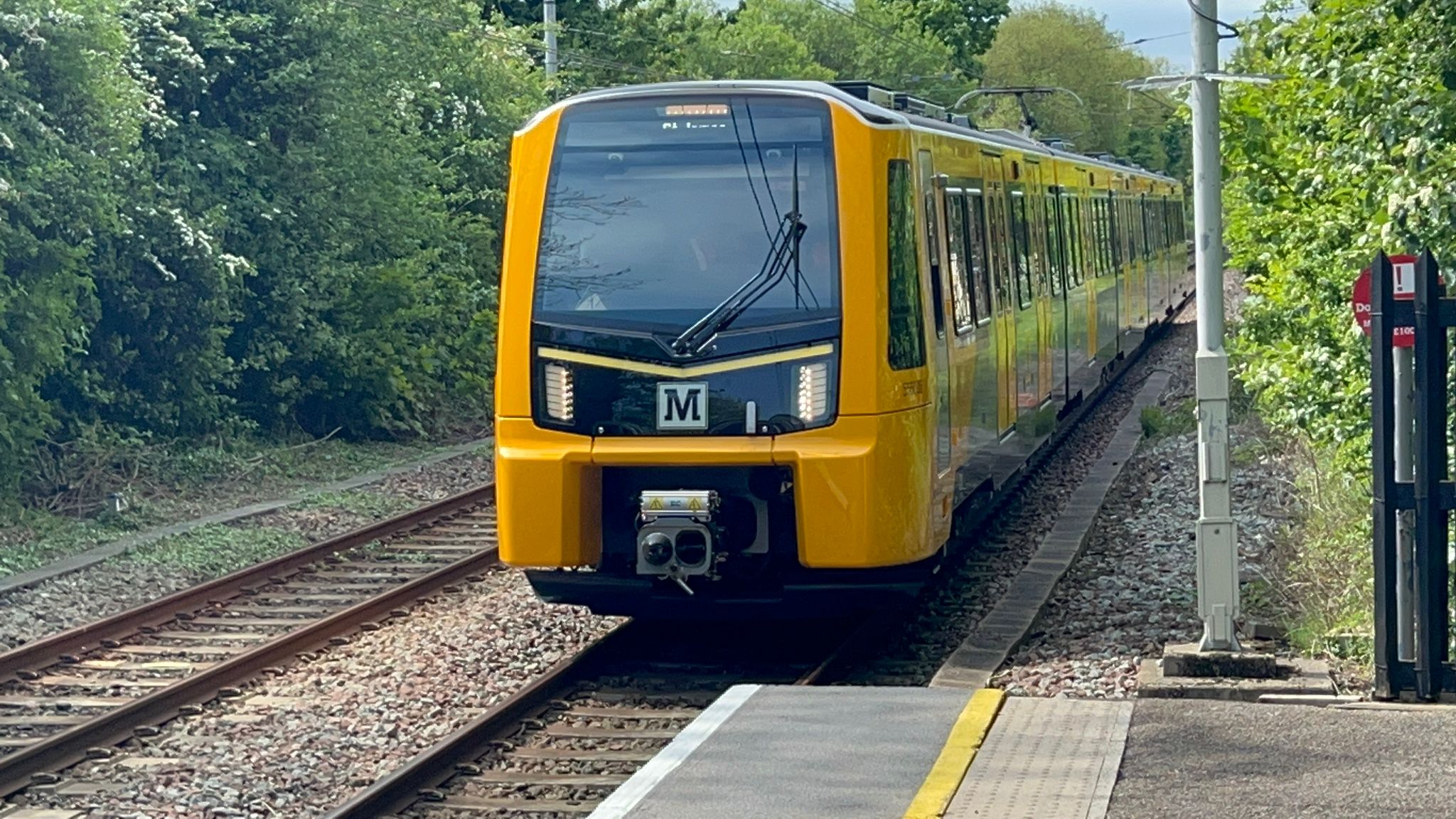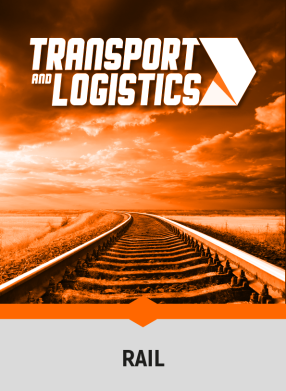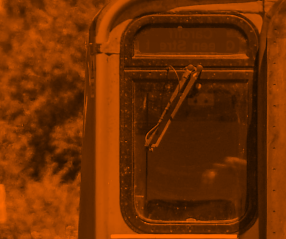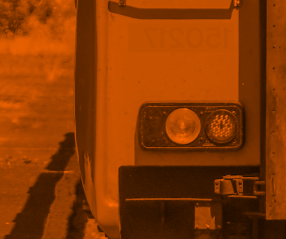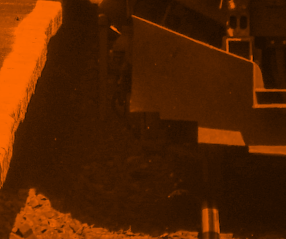The project to manufacture and supply new trains for the Tyne and Wear Metro has reached a critical milestone, following the completion of 23 of the 46 units being delivered. With testing and commissioning well under way, this is a highly symbolic landmark, demonstrating the progress being made in this transformative programme.
Half of the Tyne and Wear Metro trains that Stadler is manufacturing and delivering for Nexus have now been built, in a move that brings the fleet one step closer to introduction into customer service. Over the coming months, more trains will be made, and testing is continuing on the local network.
New trains will be safe, reliable and comfortable. Modern features will include charging points, air conditioning and there will be an automatic sliding step at every door. This will make it for passengers to get on and off, particularly the operator’s 50,000 wheelchair-users, as well as for people with push-chairs, luggage or bicycles.
The lightweight vehicle design, recovery of braking energy and use of highly efficient traction converter technology will cut energy consumption and support net zero. On-board energy storage systems are being fitted on the new trains, so that in future, they will be able to run on an extended network, which will make them even more sustainable.
These trains are METROs, tailormade for metropolitan networks with frequent stops and relatively short journeys. As well as the 46 METRO trains for Nexus, Stadler is delivering 53 METRO trains for the Liverpool City Region and 17 for Glasgow Subway. It has sold 840 all over the world.
Testing on the Tyne and Wear network started last year and is a rigorous, exhaustive, process. Thousands of safety and performance tests are being carried out to make sure the trains are ready for service, covering every aspect of their design from the power supply and braking systems to digital passenger information boards and CCTV cameras.
Earlier this year, Stadler finished the new maintenance facility at Gosforth, which will become the home of the 46 METRO trains being produced. State-of-the-art and purpose-built, it has been
designed to a high specification to ensure maximum availability and reliability of the fleet for decades to come. It boasts enviable green credentials and innovative features, hosting a range of activities, including preventative and corrective maintenance and train presentation.
Patrick Küng, project manager, Stadler, commented: “Producing half of the fleet illustrates how far we have come in the project to supply these fantastic new trains for the Tyne and Wear Metro. Safety, reliability and comfort are at the heart of this product, which has been designed with the 21st century passenger in mind. They will transform rail travel in the north east of England.”
Michael Richardson, head of fleet and depot replacement programme at Nexus, said: “We’re delighted to see that Stadler has reached the halfway stage in the production of new Metro train fleet, which is going to be transformative for our customers and workforce.
“We’re getting a total of 46 new trains and half of the number that we’ve got on order are now completed. Seven new trains have been delivered so far, and more are set to follow.
“The testing of the new Metro trains continues on our network. We are making good progress and were aiming toget the first trains into customer service later in the year.
“Testing the Stadler Class 555 Metro trains includes 90,000 individual checks. This had previously been taking place overnight when the Metro network is closed. It covers everything from seats and windscreen wipers, to more big-ticket items like brakes, CCTV, doors, wheels, and power supply.
“There are approximately 19,000 hours of training time, with the first few trains completing 37,000 kilometres of running, as part of the testing phase.”
Transport & Logistics – Driving The Industry Forward
